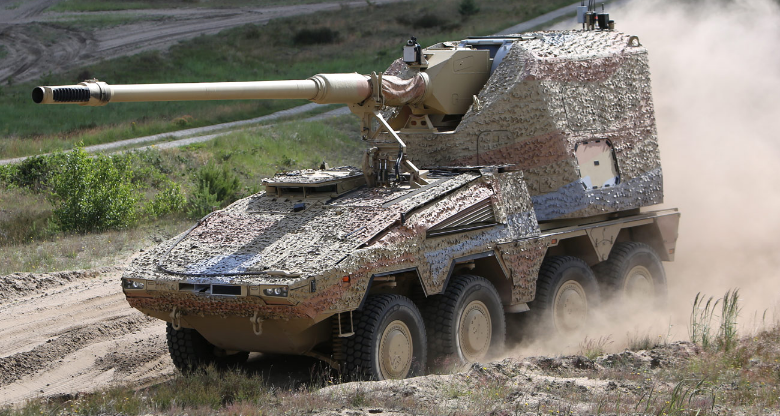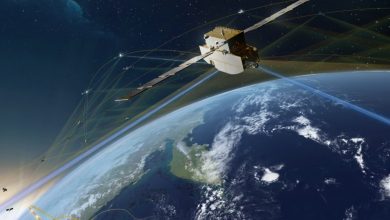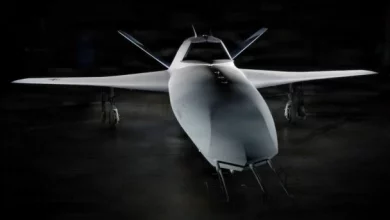Germany confirms 18 remote-controlled wheeled howitzers for Ukraine

The German government has confirmed the sale of 18 RCH 155 remote-controlled wheeled howitzers to Ukraine.
The confirmation came after German media reported the approval of the sale in September after much deliberation.
Kyiv requested the Krauss-Maffei Wegmann guns in mid-July and will be its first customer.
First Gun Expected in 30 Months
The German government will fund the reported 216-million-euro ($227 million) purchase, including training and spare parts. The delivery is expected to take at least 30 months to begin.
Ukrainian ambassador to Germany Andriy Melnyk welcomed the reported decision in September and urged Berlin to approve more military requests.
“This will make a major contribution to massively strengthening the effectiveness of the Ukrainian army,” Die Welt quoted him as saying.
“I hope that the federal government will continue to follow this path consistently.”
Tanks Still Not Approved
Berlin has already approved the sale of 100 Panzerhaubitze 2000 howitzers, also manufactured by Krauss-Maffei Wegmann.
However, the government has not approved Kyiv’s request for battle tanks, with German Chancellor Olaf Scholz saying that Berlin wants to “place an emphasis on air defense and artillery.”
Features
The howitzer comprises a Rheinmetall 155mm L52 gun mounted on a Boxer chassis. It can fire 9 rounds per minute at a range of up to 54 kilometers (33.55 miles).
Moreover, the “autonomy of the entire system in command, navigation, and fire control, as well as its system-related stability, opens up completely new application options (e.g. shooting at moving targets, camp protection, etc.),” the manufacturer states.





